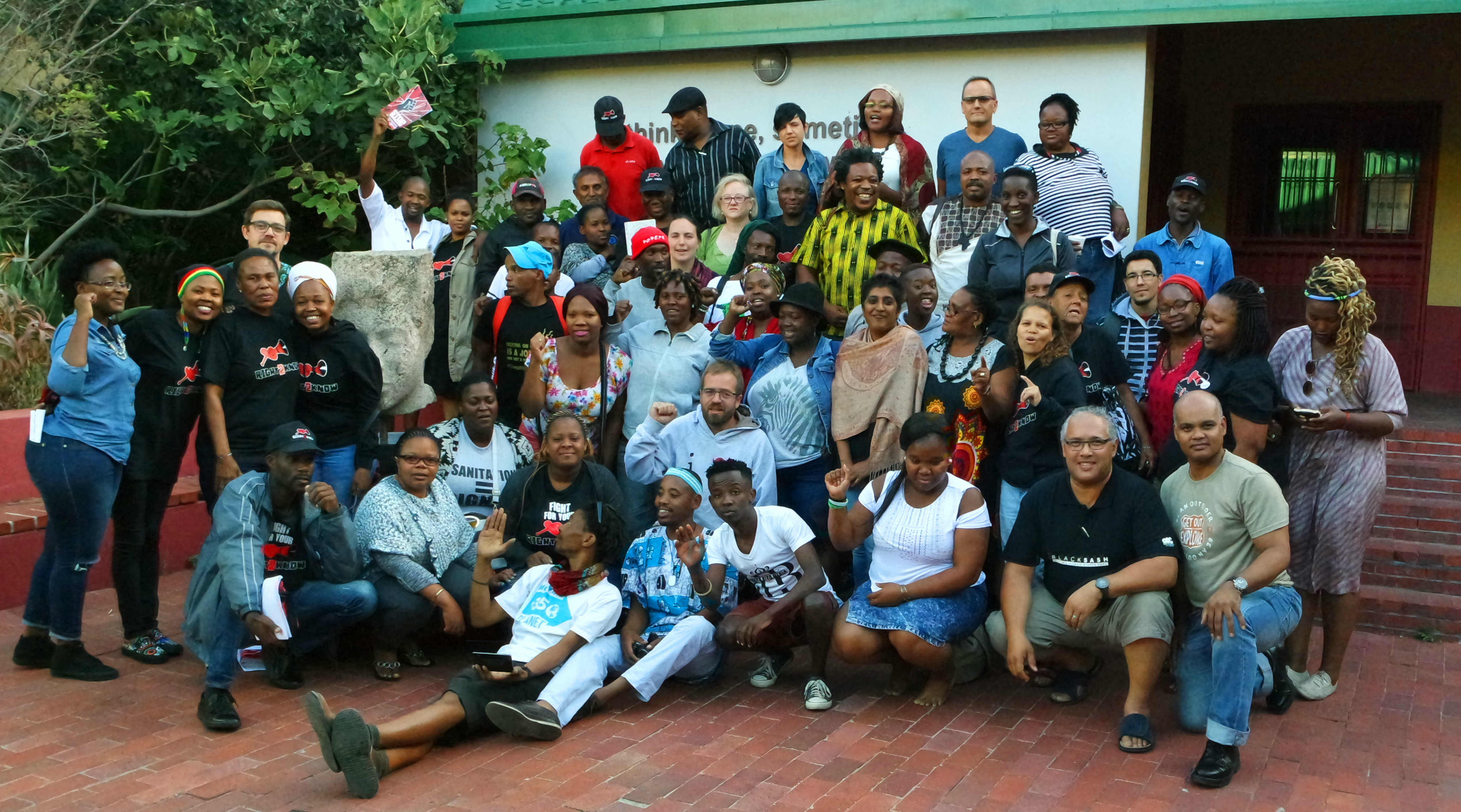R2K calls on DA to lift ban on journalist
[Update: news reports indicate Majavu has been re-added to the party’s distribution list.]
The Right2Know campaign joins calls for the Democratic Alliance to lift its ban on Sowetan journalist Anna Majavu and condemns party leaders for their hypocrisy on media freedom.
The DA’s decision to ‘delist’ Majavu stands in stark contrast to its members’ lengthy rhetoric on the importance of a robust and independent media.
On Thursday the Sowetan reported that the party had cut off communication with Majavu in August 2010. According to Majavu her delisting came after the DA lodged a complaint with the press ombudsman against a story she wrote involving a DA councillor who allegedly fired rubber bullets at two children during the World Cup. The ombudsman rejected two of the DA’s objections and upheld two and The Sowetan was required to publish a correction of the story. (The ombud’s ruling is here.)
One DA spokesperson is quoted as saying: “Majavu is not a journalist. Some journalists and editors disagree with our policies and views, and they are entitled to do so. But Anna Majavu is a former South African Municipal Workers Union spin doctor, who has a particular political agenda.”
DA MPs have been vocal critics of the Protection of Information Bill which threatens to restrict flow of information in South Africa. Yet here the DA’s decisions flies in the face of its stated commitment to press freedom and transparency. Can we expect background checks on journalists in future to be sure of their “political neutrality”? Will only those journalists who support the party be allowed access?
Unfortunately the DA is not alone in its blacklisting of journalists. In January 2011 the ANCYL confirmed that it had banned City Press journalist Piet Rampedi from its gatherings. Similar to the case of Majavu this followed the City Press being sanctioned by the Press Ombudsman for corruption stories it published about ANCYL President Julius Malema and Limpopo Premier Cassel Mathale. In this case eighteen of the ANCYL’s objections were rejected by the Ombudsman while three were upheld. The ANCYL defended its position saying it could not allow someone to come to their gatherings who wrote stories that caused “divisions”.
The behaviour of both the DA and the ANCYL threatens to set a dangerous precedent in which parties will only engage with journalists who publish favourable stories about them. This has grave implications for the ability of all media outlets, regardless of political leanings, to access information from political parties and to freely pass that information on to the public. All parties in South Africa need to show consistency and commitment to transparency, the flow of information and media freedom.
The Right2Know campaign stands in solidarity with all members of the media who are sidelined and intimidated in attempts to restrict their work.



